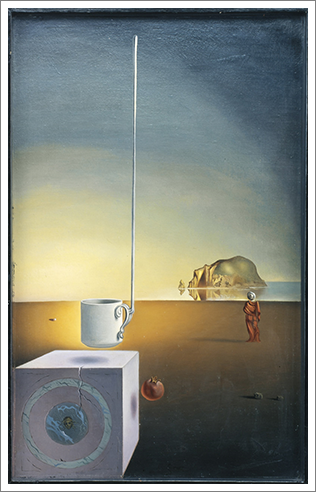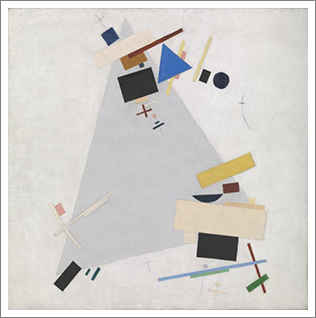How to teach yourself math
By Guillaume Filion, filed under
mathematics,
motivation,
learning.
• 03 May 2021 •
 I recently left Barcelona after spending nearly nine years in the company of wonderful people who supported me and helped me carry forward my teaching and my research. At a goodbye dinner, I was surprised that a friend insisted that I should explain how I learned math, that it would be useful and inspirational.
I recently left Barcelona after spending nearly nine years in the company of wonderful people who supported me and helped me carry forward my teaching and my research. At a goodbye dinner, I was surprised that a friend insisted that I should explain how I learned math, that it would be useful and inspirational.
I had never thought about it. I guess what he meant is that I should explain why formal computational approaches are so important for me, given that I do not have any diploma in mathematics or statistics.
Doing the math
I have been doing one hour of math every day for 23 years. I will get to the how, but for now I want to discuss the why. Sticking to this schedule rigorously means that you do 365 hours of math every year. At the time I studied (in biology), you had to take ~500 hours of class per year for three years in order to graduate, so it was considered that you reach the graduate level after you study ~1500 hours. With one hour per day, it will take you a little more than four years.
At the graduate level, we had about 750 hours of classes over two years. Discounting interships, it was considered that you complete the graduate level after you study 2000–2500 hours. With one hour per day, you will need around seven years to reach 2500 hours.
This was my rationale for initiating the routine. I knew that I would be slower than a specialist, but if I could get a shot at an academic career, this would make a difference because I would have a near-graduate level in math by the time I finished my PhD in biology.
The 25-th hour
How do you free an hour from your schedule every day? I was watching TV a lot, so I decided to stop and replace it by reading math. That was the lion’s share of the daily hour but I felt I could do better.
I became obsessed with optimizing my time studying math, so I pushed the limits to see just where and when I could do it. It became obvious that transports were an easy way to get some work done. I would always take public transports and take the route with the least amount of disturbance, even if it was not the shortest.
Since I constantly had a math book with me for the transports, I could also be opportunistic and make the best of every time I had nothing to do. In the end, these small delays can make up a lot of our days, waiting for a friend, sitting until the next class starts, waiting in line to order a coffee... these became opportunities for learning.
In case you wonder, yes, it did make me look like a nerd. Very badly. I wish smartphones had existed earlier. I would have been like everyone else looking at my screen all the time. And having access to the Internet would have made it much more efficient, especially in the first year.
The most important skill
 After a few months, it felt like I had reached the maximum I could fit in a single day. But it seemed to me that I was not making enough progress. The concepts remained fuzzy, I could not solve the exercises and the time spent studying was nowhere near pleasant. All this changed when I picked a certain book in a friend’s library.
After a few months, it felt like I had reached the maximum I could fit in a single day. But it seemed to me that I was not making enough progress. The concepts remained fuzzy, I could not solve the exercises and the time spent studying was nowhere near pleasant. All this changed when I picked a certain book in a friend’s library.
It does not matter what the book was (the course of algebra by Bernard Gostiaux). What matters is that it was the book I needed. The approach, the rhythm, the depth... it was exactly what worked for me.
The first year was not about learning math; it was about learning how to study alone. And the first thing you need to learn is to recognize the material that works for you. There are plenty of manuals out there, and even though they talk about the same things, their approaches are very different. This is obvious when you are a teacher, but as a student you do not always realize that you have a learning style and that you can select the content that works best for you.
Once you figure out how to find the best books, learning becomes quite enjoyable. You still have to figure out how to assimilate the concepts but that rapidly becomes natural. You understand much better if you create original examples and if you try to explain what you learned (this is the gist of the Feynman technique). The feeling of understanding something new is amazing and the pleasure of putting your own mental pictures on the concepts is worth the trouble.
Epilogue
I did have formal math classes, and they were very useful. Still, I feel that the time I spent studying alone has been the key of my development, if only because it continues today.
Some people have tried the one-hour-per day approach, but they said that they could not stick to it more than a few weeks. I have to say that I always loved math and I missed it after high school because I did not study for one year. Teaching myself math was an obvious way to do what I liked. I believe that this strategy works only for topics that you are already comfortable with and that eventually bring you satisfaction.
« Previous Post | Next Post »
blog comments powered by Disqus

